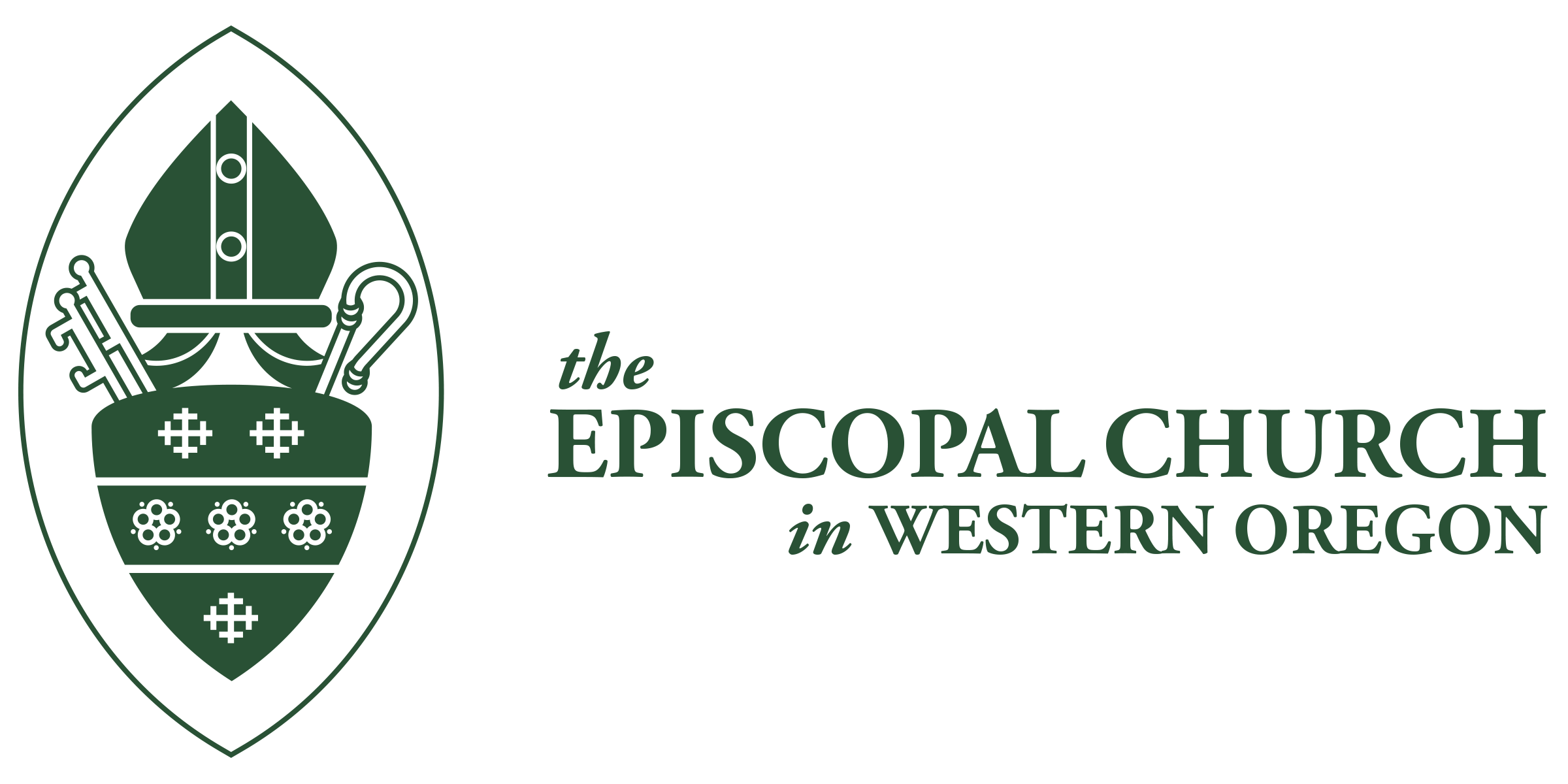From our Disaster Preparedness Program coordinator Sheryl Gerety (sheryl.gerety@gmail.com): a monthly checklist to help us tackle preparing for a disaster in manageable steps.
Even if you live in a metro area where the public transit system may be ramping back up, there are few communities in our diocese where private vehicles are not essential.
If your car or truck is damaged during a disaster, you may need or prefer to replace it. Purchasing that replacement as well as selling your damaged vehicle needs to be done with great care, through reputable sources with independent verification so that you won’t unwittingly purchase a vehicle damaged in a previous disaster.
What you have to work with
- Your damaged car if insured could provide you with some cash
- Your policy should include enough coverage for the worst kinds of damage
- You need to document the damage
- You will need patience, as with every other aspect of disaster recovery; examiners will be overwhelmed by the numbers
If you sell
- Be honest that it is a salvaged vehicle
- Expect a much lower price than standard market rate, even after repairs
Donate to charity
- Consider a local non-profit organization that may accept vehicle donations
If you are going to buy a used vehicle
- Check the VIN
- Go the extra mile and get the vehicle’s life history
- Look at every conceivable surface: under the spare, condition of the air filter, are the lights fogged, is there mud in the cracks of the engine?
- Consider having it checked by your local garage or a pro you trust
What we are reading:
Buying or Selling a Car After a Disaster
Diocese of Oregon Disaster Preparedness Contacts
Sheryl Gerety sheryl.gerety@gmail.com
Annette Rankin arrmft@gmail.com
Episcopal Relief and Development
Episcopal Asset Map
